Hidden Gems in Italy: 10 Must-Visit Secret Spots for Your Next Trip
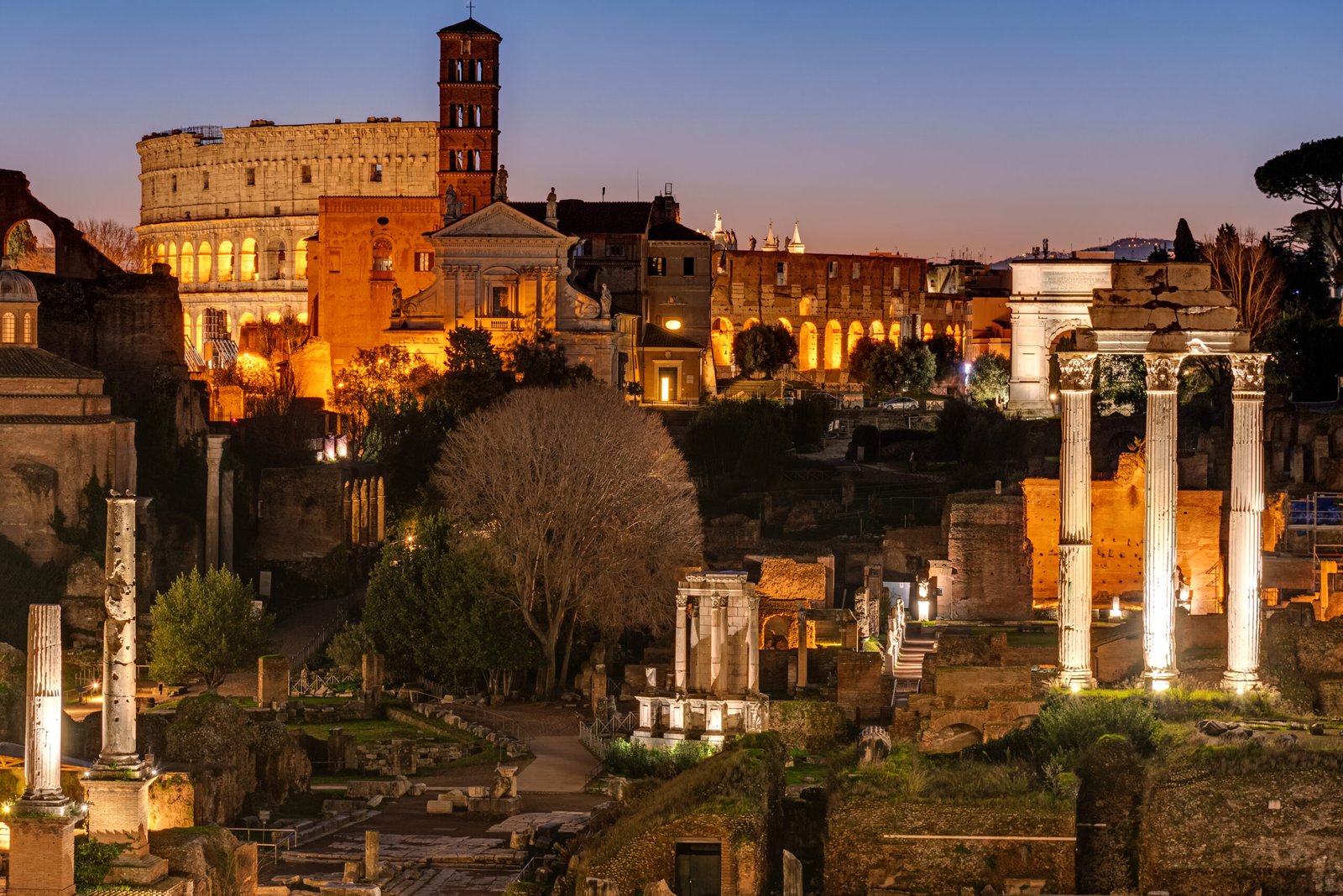
Hidden Gems in Italy: 10 Must-Visit Secret Spots for Your Next Trip
When most people think of Italy, they picture Rome’s Colosseum, the canals of Venice, or Florence’s Duomo. While these famous sites are undeniably stunning, some of the country’s most captivating experiences lie off the beaten path. The hidden gems in Italy reveal a side of this beautiful country that’s often overlooked, showcasing its rich history, breathtaking landscapes, and vibrant culture. Whether you’re a seasoned traveler or visiting for the first time, these lesser-known destinations will leave you in awe. Let’s explore 10 hidden gems in Italy that are just waiting to be discovered.
Table of Contents
1. Matera, Basilicata
Located in the southern region of Basilicata, Matera is one of the oldest continuously inhabited cities in the world. Its unique stone cave dwellings, known as Sassi, have been declared a UNESCO World Heritage Site. Wandering through the ancient streets feels like stepping back in time. Matera’s transformation from a forgotten city to one of Italy’s cultural hubs is awe-inspiring, and tourists often overlook it. With narrow alleyways, rock churches, and stunning views, Matera is a photographer’s paradise and the first on our list of hidden gems in Italy.
Why visit? Matera’s ancient history and extraordinary architecture make it a must-see for those interested in Italy’s lesser-known treasures.
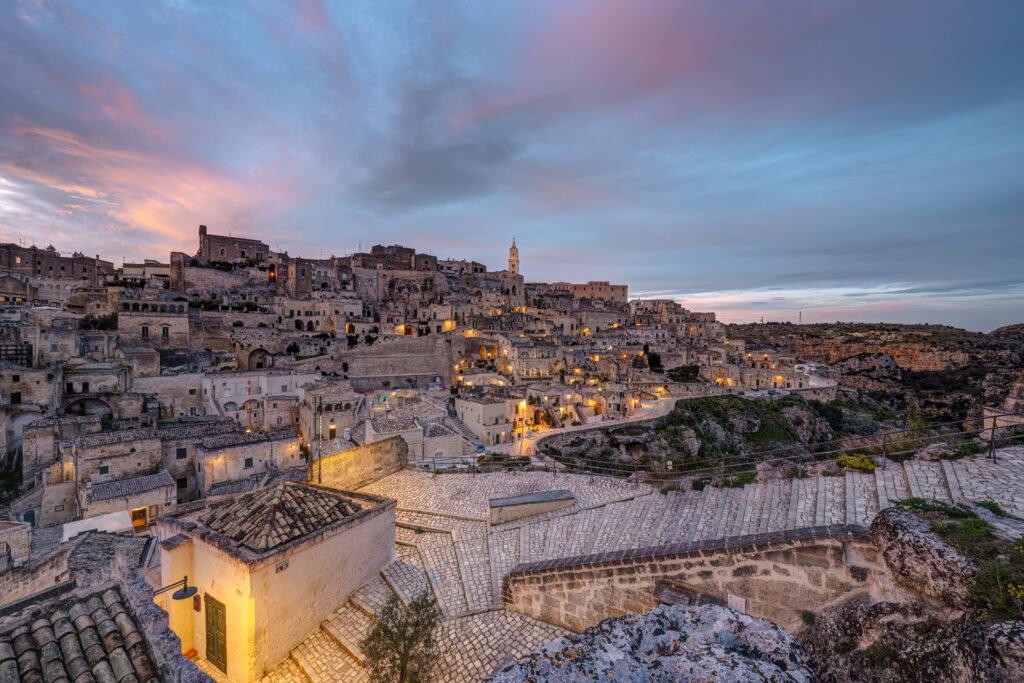
2. Civita di Bagnoregio, Lazio
Perched on a plateau of volcanic rock, Civita di Bagnoregio is often called “The Dying City” due to erosion slowly threatening its foundation. Accessible only by footbridge, this medieval town is home to just a handful of residents. The dramatic cliffs surrounding Civita offer breathtaking views, and its quiet, car-free streets make for a peaceful escape from the crowds. Civita di Bagnoregio feels like a ghost town frozen in time, with charming stone buildings and an unhurried pace of life.
Why visit? Civita’s isolation and surreal beauty offer a unique glimpse into a medieval Italian village, making it a true hidden gem in Italy.
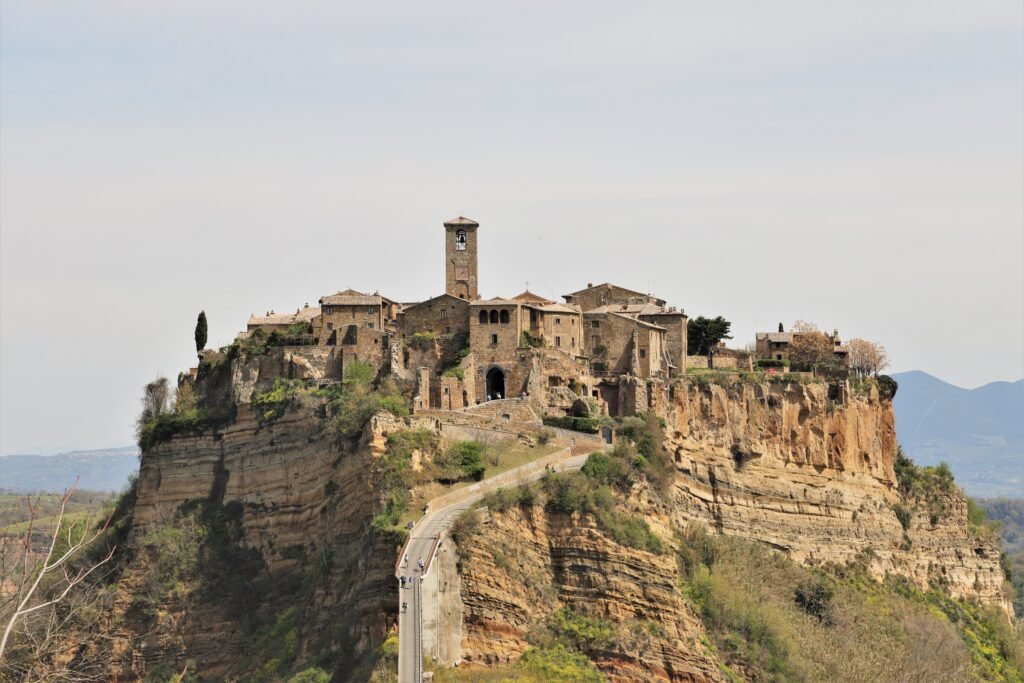
3. Alberobello, Puglia
Alberobello in Puglia is famous for its Trulli, whitewashed stone huts with conical roofs dating back to the 14th century. These unique structures create a fairy-tale-like landscape. Alberobello is a UNESCO World Heritage Site and is often overshadowed by more popular destinations in Puglia, like Bari or Lecce. However, a visit to Alberobello offers the chance to step into a magical world of quirky architecture and local traditions.
Why visit? Alberobello is a rare architectural wonder, and exploring its Trulli-lined streets is an experience unlike any other.
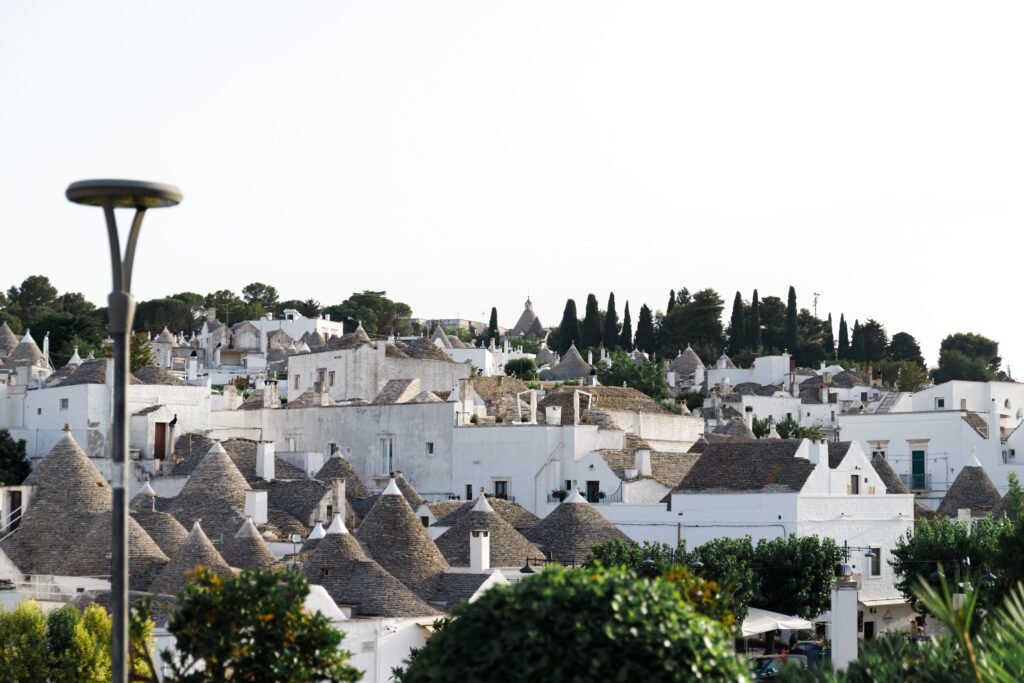
4. Ferrara, Emilia-Romagna
A UNESCO World Heritage Site, Ferrara is a charming Renaissance city often overlooked in favor of Bologna or Florence. Once a seat of the powerful Este family, Ferrara boasts a perfectly preserved medieval center, complete with imposing palaces, cobblestone streets, and vibrant piazzas. Highlights include Castello Estense, a moated medieval castle, and the city’s cathedral, which blends Gothic and Romanesque styles. The city also has a strong cycling culture, making it an ideal destination for those who prefer to explore on two wheels.
Why visit? Ferrara offers a blend of history, culture, and tranquility, all without the crowds of larger Italian cities.
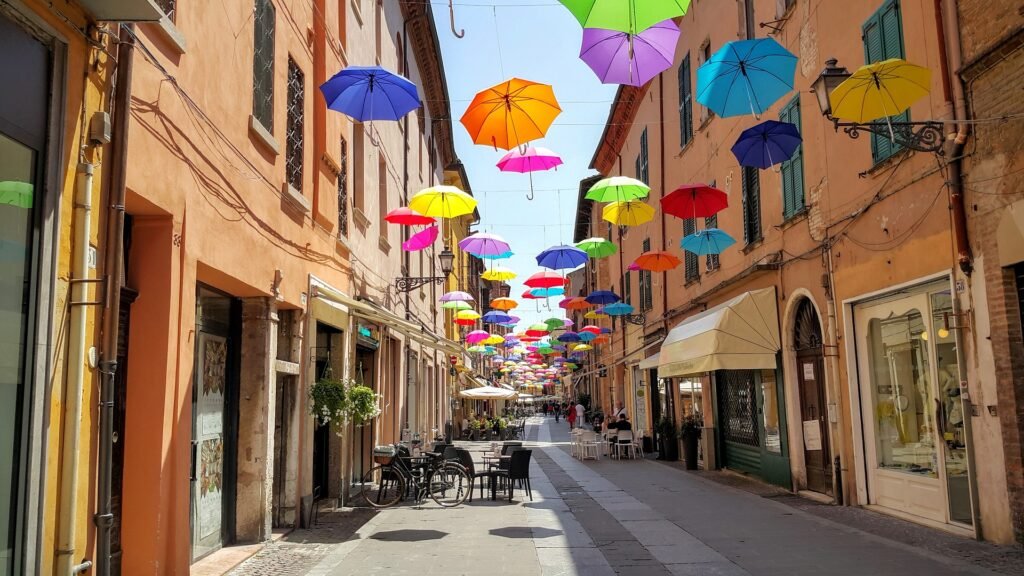
5. Lago di Braies, South Tyrol
Nestled in the Dolomites, Lago di Braies is one of Italy’s most beautiful lakes yet remains relatively undiscovered by international tourists. Known for its crystal-clear turquoise waters and dramatic mountain backdrop, this alpine lake is perfect for nature lovers. Whether you’re hiking the surrounding trails, renting a rowboat to glide across the water, or simply soaking in the serenity of the landscape, Lago di Braies is an enchanting retreat.
Why visit? Its stunning natural beauty makes Lago di Braies a must-visit for outdoor enthusiasts seeking a peaceful escape.
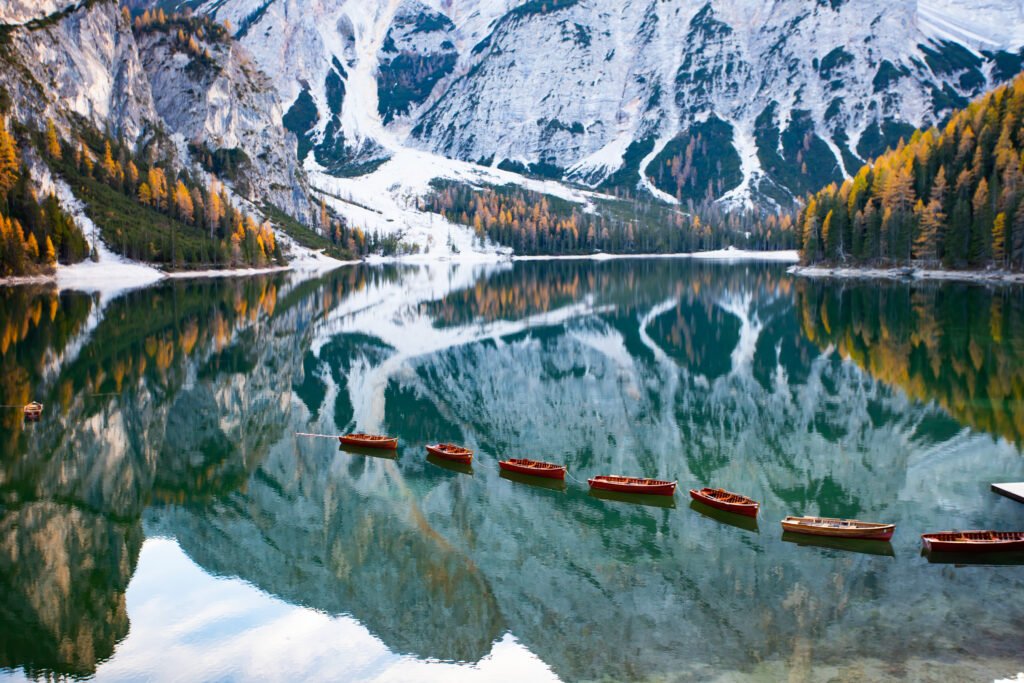
6. Procida, Campania
While nearby Capri and Ischia are famous tourist destinations, Procida remains a quiet and colorful gem in the Bay of Naples. With its pastel-colored houses, narrow streets, and laid-back vibe, Procida is the perfect place for a relaxing getaway. The island is small enough to explore on foot in a day, but its charm will make you want to linger. Don’t miss Terra Murata, the island’s medieval fortress, which offers panoramic views of the sea.
Why visit? Procida’s unspoiled beauty and authentic Italian island experience make it a hidden treasure worth discovering.
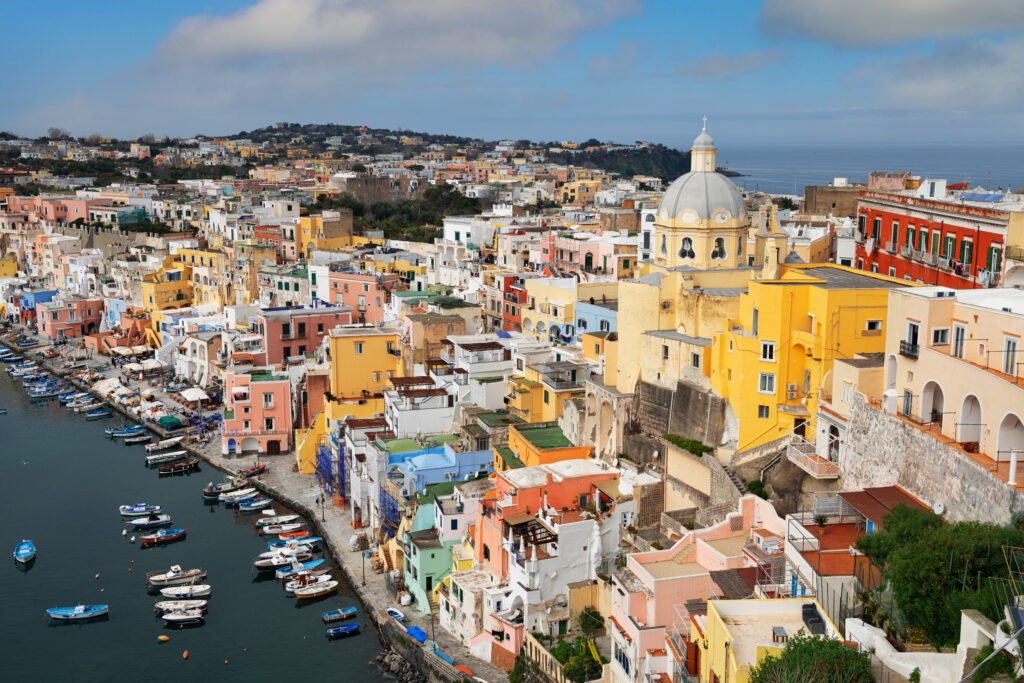
7. Trieste, Friuli Venezia Giulia
Located at the northeastern tip of Italy, Trieste is a unique city influenced by Italian, Austrian, and Slovenian cultures. Its stunning location on the Adriatic Sea and its neoclassical architecture give it a distinct character. Explore Piazza Unità d’Italia, one of the largest sea-facing squares in Europe, and the Castello di Miramare, a majestic castle overlooking the water. Trieste’s rich history as a former Habsburg port makes it a fascinating destination for history buffs.
Why visit? Trieste’s multicultural heritage and beautiful waterfront make it one of Italy’s most intriguing cities.
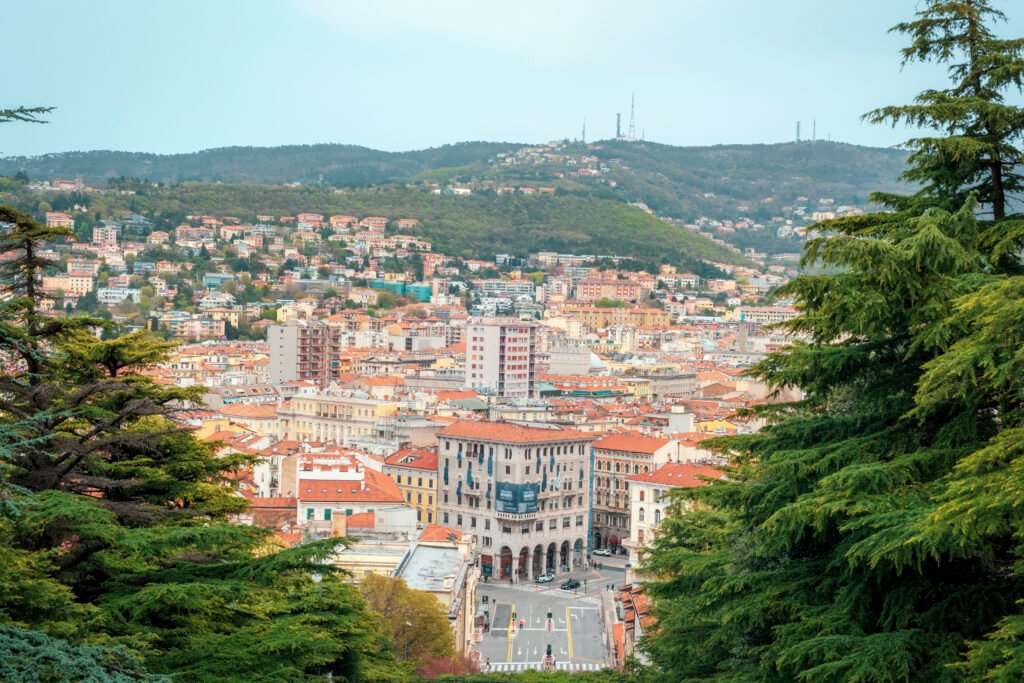
8. Ascoli Piceno, Marche
In the heart of Italy’s Marche region lies the picturesque town of Ascoli Piceno. Famous for its white travertine architecture, the town’s Piazza del Popolo is considered one of the most beautiful squares in Italy. Ascoli Piceno is also known for its culinary delights, especially olive ascolane, stuffed and fried olives which are a local specialty. The town’s charming streets, Renaissance palaces, and Roman bridges make exploring it a joy.
Why visit? Ascoli Piceno offers an authentic Italian experience, with beautiful architecture and mouthwatering cuisine in a tranquil setting.
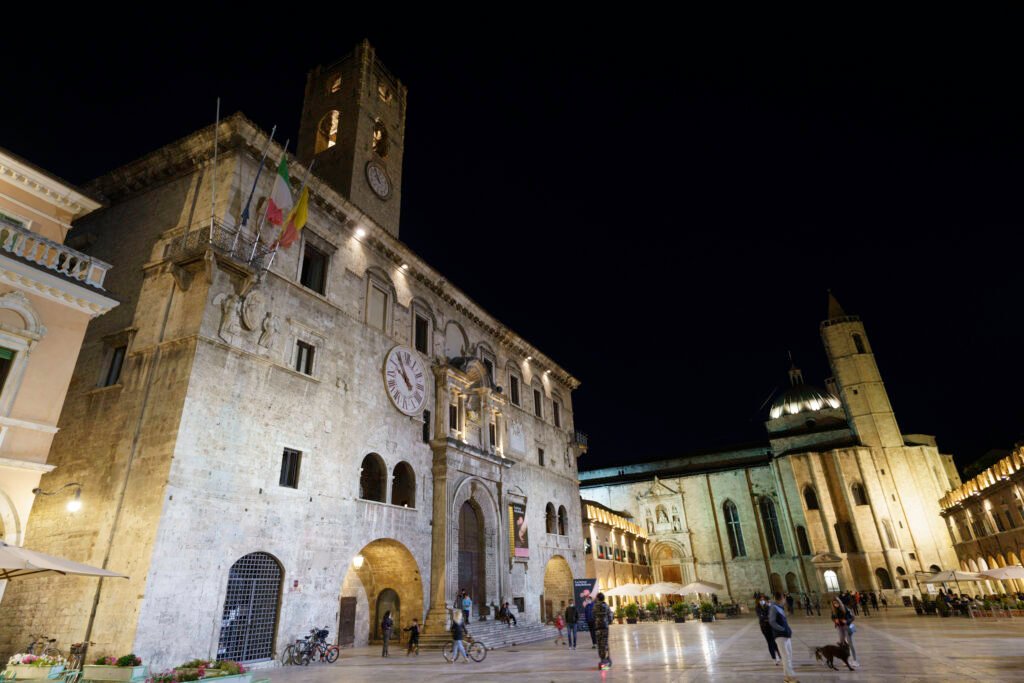
9. Pitigliano, Tuscany
Carved into the cliffs of southern Tuscany, Pitigliano is often called “Little Jerusalem” due to its historic Jewish community. The town is a stunning mix of ancient Etruscan, Roman, and medieval architecture, with narrow streets winding through stone buildings perched dramatically on the edge of the cliff. Pitigliano’s unique setting and fascinating history make it a hidden gem that offers both cultural and scenic delights.
Why visit? Pitigliano’s blend of history, architecture, and breathtaking views make it a truly unforgettable destination.
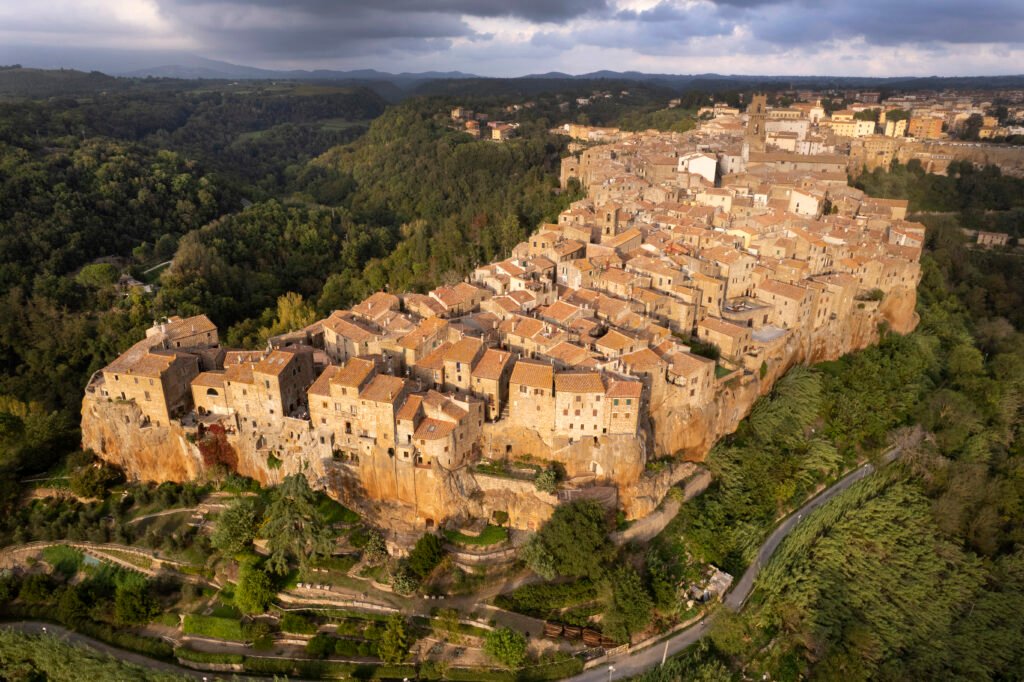
10. Sperlonga, Lazio
A charming seaside town between Rome and Naples, Sperlonga is often overshadowed by its more famous neighbors. The town’s whitewashed buildings cascade down the cliffs toward the sea, creating a stunning Mediterranean landscape. Sperlonga is also home to ancient Roman ruins, including the Villa of Tiberius, where you can explore the remains of the Emperor’s summer residence. The town’s sandy beaches and crystal-clear waters make it a perfect spot for a relaxing coastal getaway.
Why visit? Sperlonga offers the perfect blend of history and beachside relaxation, without the crowds of more famous Italian coastal towns.
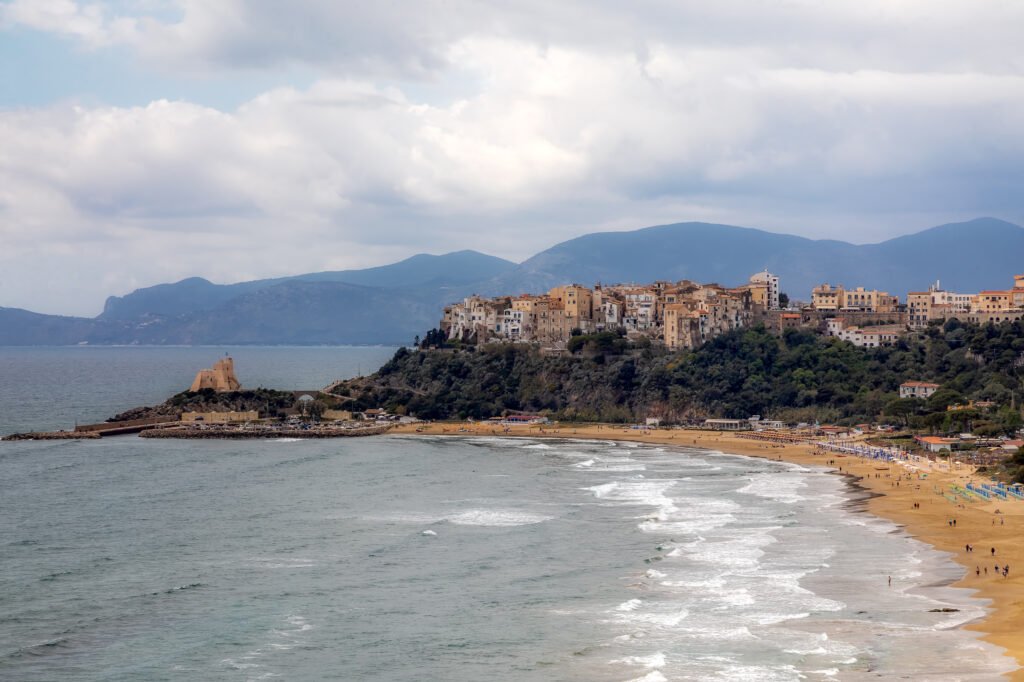
Conclusion
Italy’s hidden gems offer travelers the opportunity to explore beyond the well-trodden tourist paths and experience the country’s authentic charm. From medieval hill towns to stunning natural landscapes, these destinations are perfect for those seeking a unique and memorable Italian adventure. Whether you’re wandering through ancient streets, lounging on a quiet beach, or hiking in the mountains, these hidden gems in Italy are sure to inspire and captivate. So next time you plan a trip to Italy, take the road less traveled and uncover the hidden treasures of this beautiful country.
If you’re looking for more detailed visual inspiration about Italy, check out our YouTube video, “Travel to Italy – 15 Italy Hidden Gems 2025 – Must-See Places in Italy for First-Time Travelers” which presents the 15 best places to visit in Italy.

What’s your favorite place in Italy, or where would you like to go first? Share your thoughts in the comments below—we’d love to hear from you!
For more travel guides on Europe, check out our posts:
- Best Places To Visit In Europe: Top 10 Must-See Destinations
- Top 10 Hidden Gems In Europe You Must Visit: Discover Europe’s Best-Kept Secrets
- Best Places In Europe For Solo Travel: Top 10 Amazing Destinations To Visit
- 15 Best Places To Visit In Spain: Your Ultimate Spain Travel Guide For Top Attractions And Hidden Gems
- 15 Best Places To Visit In Portugal: A Complete Guide To Top Destinations, Attractions & Local Insights
- 15 Best Places To Visit In Greece: Discover Iconic Landmarks, Hidden Gems, And Local Favorites
- Best Places To Visit In Italy: Top 15 Must-See Destinations
Trending Travel Destinations
- Best Places To Visit In Malaysia: Top 15 Must-See Destinations For First-Time Travelers
- 15 Best Places To Visit In Sri Lanka: A Complete Travel Guide To Top Destinations
- Best Places To Visit In Thailand: Top 15 Unmissable Destinations, Travel Tips & Local Gems
- Best Places To Visit In Vietnam: 15 Must-See Destinations For An Unforgettable Journey
- The 15 Best Places To Visit In Canada: Your Ultimate Guide To Canada’s Must-See Destinations
- Best Places To Visit In USA: Top 15 Must-See Destinations And Travel Guide For Every Season
- Best Places To Visit In Japan: Your Ultimate Guide To The Top 15 Must-See Destinations
Don’t forget to follow us on YouTube, Instagram, Facebook, and Twitter for more travel tips and inspiration.
If this post was helpful, check out our blog for more travel guides and tips!





